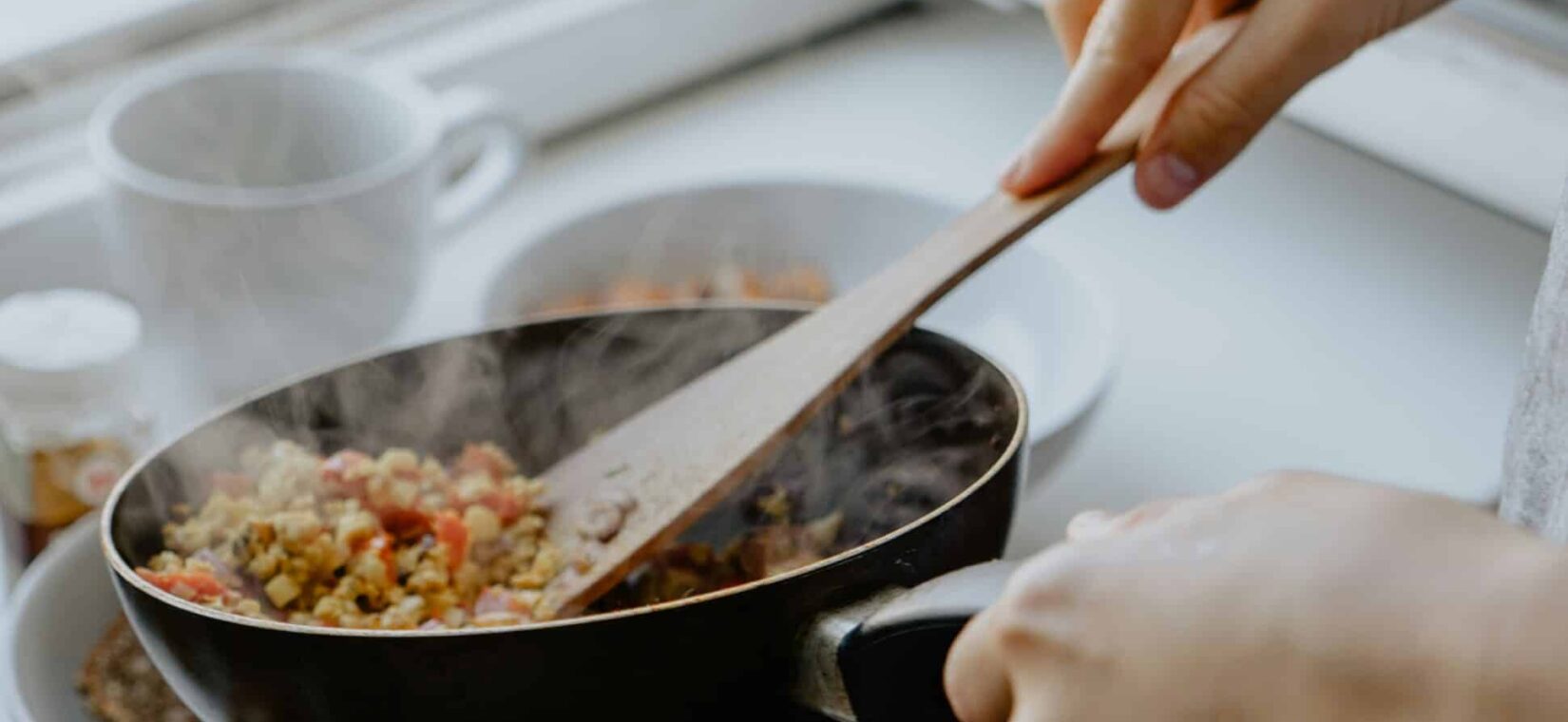FMCA alumni inspire us with the creative ways they use their Health Coach Certifications, and Rebecca Thompson is no exception. This week, Rebecca steps into the Alumni Spotlight to talk about the work she’s been doing since graduating in 2023, including launching her online cooking course, Cook Well Feel Well.
Ten years ago, Rebecca found functional medicine after being diagnosed with severe disease in her intestines. As she healed, she felt a drive to provide others with the support that she had needed when she was sick, and she enrolled at FMCA to become a health coach.
Rebecca hit the ground running after graduation, tapping into her training to coach clients she found through her local network and building a strong foundation of applied coaching experience. Soon, she had the idea to launch an online cooking course that brought together functional medicine and nutrition, the mind-body connection, and more.
“Along the way, I heard clients say, ‘I want to eat better and healthier. But how?’ So I developed my [Cook Well Feel Well] course to answer that question.”
Rebecca Thompson, FMCA graduate
Her Cook Well Feel Well course incorporates diverse aspects of her FMCA training, including a focus on foods that nourish the gut-brain connection, minimizing ultraprocessed foods, and using a positive psychology-based curriculum that’s customized to meet the needs she was seeing in her own clients. As she designed the course, she even tested out her ideas with the FMCA alumni community, gaining feedback and free insights from her fellow coaches that helped her elevate her course content.
We’re so proud to see Rebecca harnessing her strengths and tapping into her FMCA resources as she builds her coaching career. Listen to the interview below.
Watch the Interview
Watch Rebecca Thompson’s FMCA Alumni Spotlight interview here.
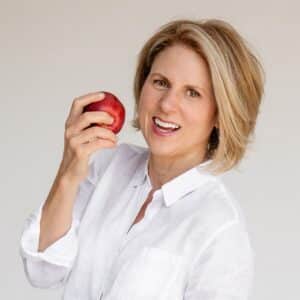
Rebecca Thompson is the founder of Cook Well Feel Well, an online cooking course, and a Functional Medicine Certified Health Coach through the Functional Medicine Coaching Academy. She believes that feeling well shouldn’t be a burden or a matter of privilege, and that no matter what we’re going through, our bodies deserve whole foods and mindful presence. That’s the key to feeling better, together.
Join the FMCA Alumni Program
Rebecca had a great idea to create her own online cooking course, and by leveraging the insights, feedback, and support of the Alumni Program, she made that great idea even better. Explore how you can take your coaching career to the next level in the FMCA Alumni Program. Whatever your idea or growth opportunity might be, the Alumni Program’s collection of resources offers a wide range of support to help you GROW as a Functional Medicine Certified Health Coach.
You’re not alone! FMCA is committed to your success, and that doesn’t end after graduation.
Transcript
Patty: Hi, Rebecca, we are so glad that you are part of our FMCA Alumni community. And we’re excited to learn more about what you’re doing. Can you tell us about your career as a health coach?
Rebecca: Yes, so I graduated in 2023. And I had a wonderful opportunity to work with a handful of clients that were recommended to me by a functional medicine practitioner here in our community, and also just networking with others in my, in my world, friends, family, that kind of thing. And then it gave me a really valuable foundation to develop my online cooking course. It let me understand more about functional medicine, nutrition, the coaching arc. It helped me understand more about the mind-body connection, and also—and I cannot understate overstate this enough—positive psychology, which I really value for my training.
My coaching journey was really around my health journey. So I was diagnosed with severe disease and my intestines around 10 years ago. And I really struggled with some of the conventional ways of working with GI disease. And I found a functional medicine practitioner here in our community. And she helped me understand not just the symptoms, but the underlying conditions that bring up symptoms. And so I worked through those on my own, and they were of huge benefit. And I just knew that I wanted to try and share that and support others in their journey for health. So I stepped out of my comfort zone, and I became a health coach. And then along the way, I heard clients say, “okay, I get wanting to eat better and healthier, but how?” So I developed a course to answer the question on how.
Patty: In terms of your training and FMCA, how did that help you in your career?
Rebecca: The curriculum allowed me to create my own clear and concise curriculum in the cooking course. So I highlight what I call my golden gut health rules, including the essential nutrients that we need: healthy fats, fiber-filled proteins, or fiber-filled plants, power proteins, also the importance of Whole Foods. And we’re trying to get away from more of the ultra-processed foods, full of the additives and preservatives that we know cause havoc to our body. Other elements would include miracle of plants, and the virtue of variety, how we feed the good microbes in our gut and starve the bad ones. And also just trusting our body. So in the curriculum, we talked a lot about mind-body connection. And I can bring that into my cooking course, with the trust that we have in listening to our body and its underlying intelligence.
One of the other things I’ve tapped into as an alum is the community that you built while you were in the course. So we’ve stayed in touch with each other, I know there are coaches that are working in tandem, are supporting each other, referring each other in different specialties.
So a sense of community, not just in the expertise through FMCA, but also the peer group that you have, and you’re part of from graduating. One of the things I loved about the coursework itself is that we had a year long in a cohort that became a trusted source of testing ourselves and learning and making mistakes, and becoming better coaches. So you know, we’d break into those little groups and be three people and we could just practice over and over again. And it was really pretty profound how we would transition from…in how we would transition from who we were in the beginning to who we were at the end and the confidence that you get. And also that sense of really being able to see and listen to the client. And knowing that that in itself can make such a difference. That along with the positive psychology.
Patty: Yeah, I think that’s such a great point that this is a course where people come to learn how to become a health coach. But it is for so many, if not most, you know are all a personal year of personal transformation. So yes, thank you for bringing that up. And you know, of course, just that amazing community that you could also continue after graduation.
Rebecca: The alumni program, I really leaned into the Facebook community and the office hours with Sandi. So Sandi is very generous with her time and her expertise and helping us understand some of the nuances of coaching, which have been helpful. And the Facebook community was really good about trying to understand the needs not only of the health coaches, but of their clients. And so when I was creating my cooking course, I could craft my message around those interests and needs and also, I got to test some of my theories there and I got some valuable honest real life practical experience, which I really appreciate.
Our Latest Blogs
-
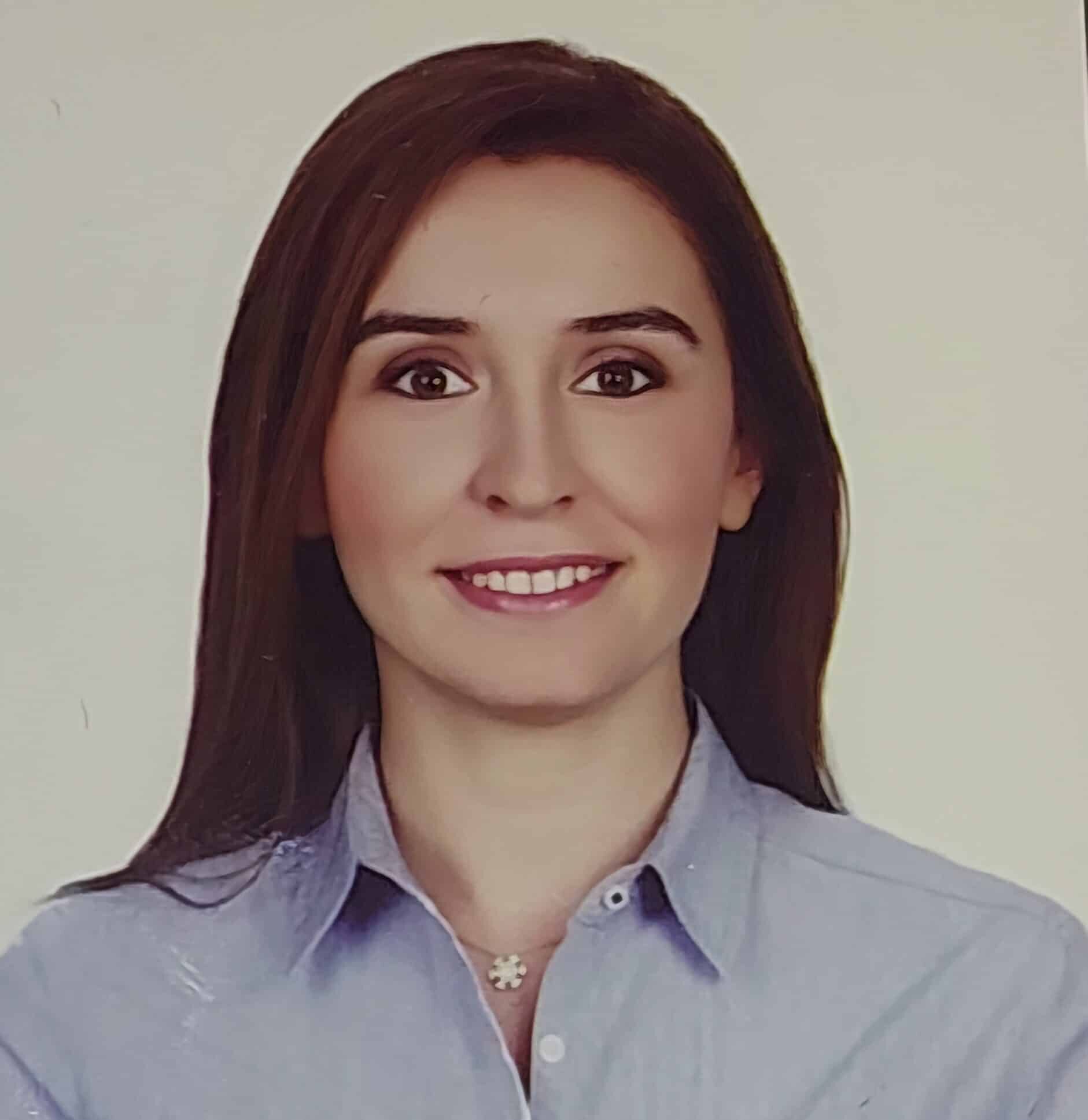
Student Spotlight: Günseli Saygi
Read Full Article: Student Spotlight: Günseli Saygi -
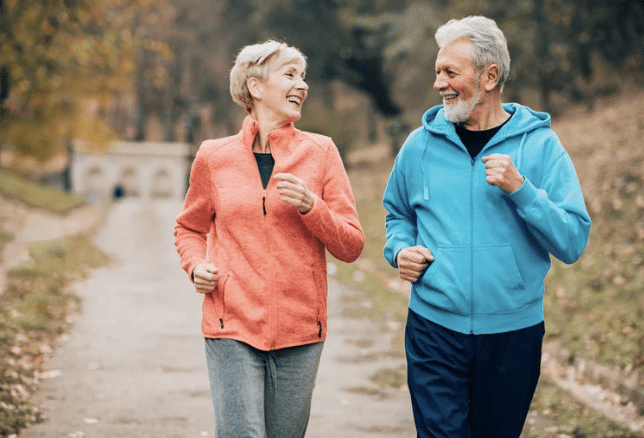
37 Healthy Aging Tips From The Experts
Read Full Article: 37 Healthy Aging Tips From The Experts -
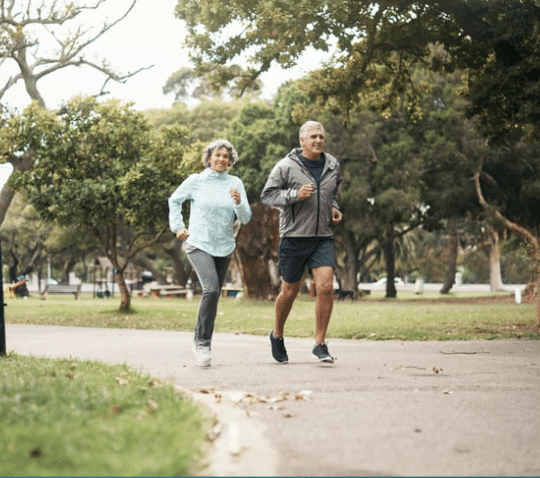
How To Live Longer: Simple Philosophies From Leaders in Health
Read Full Article: How To Live Longer: Simple Philosophies From Leaders in Health
